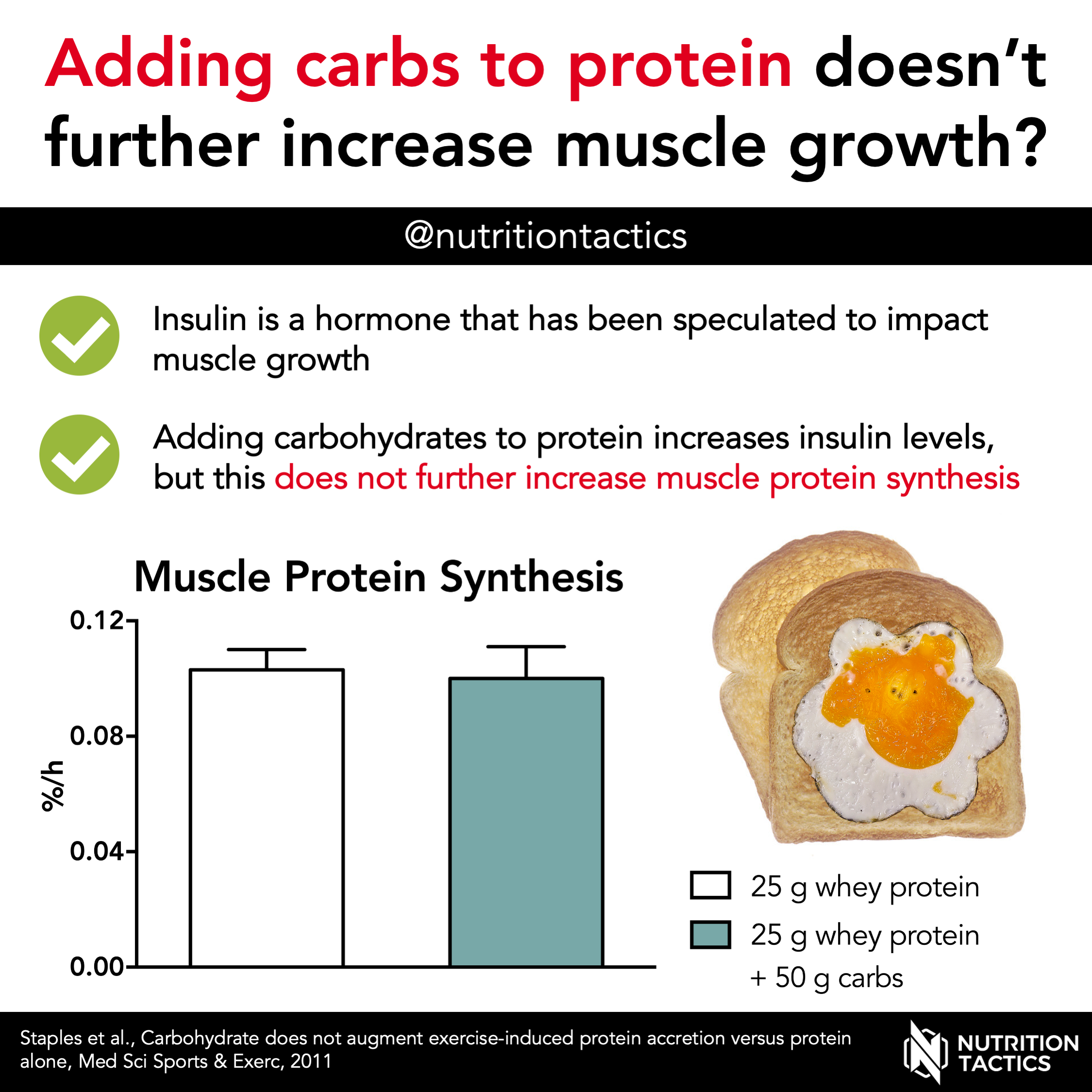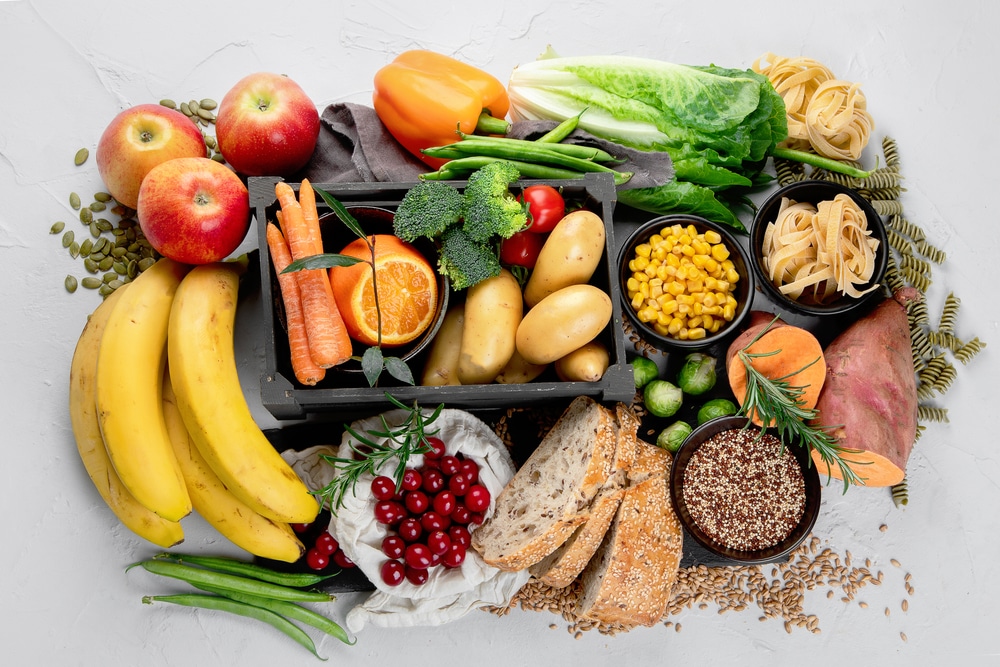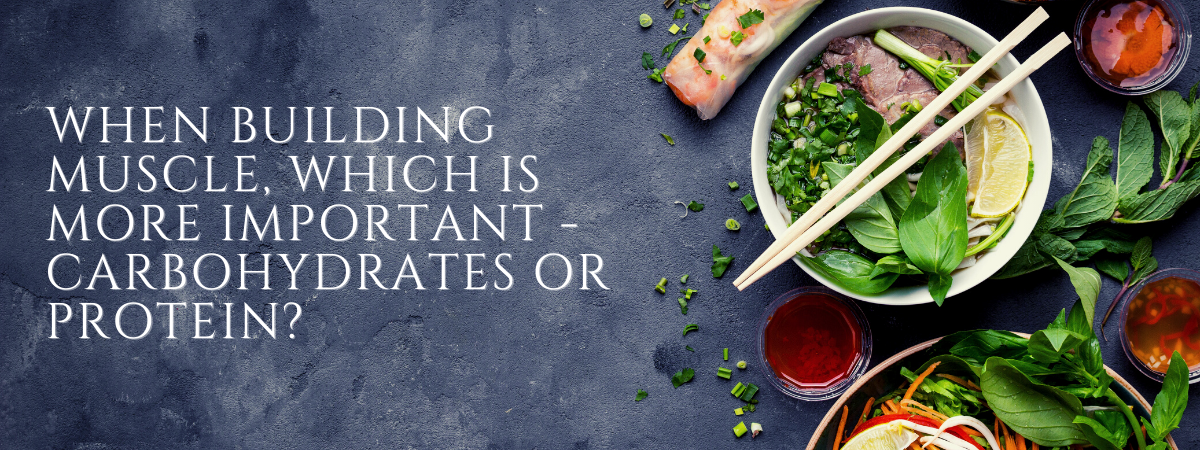Top 7 Proven Strategies to Use Kohlenhydrate for Muscleaufbau in 2025
In the dynamic world of fitness and bodybuilding, understanding the role of nutrition, especially Kohlenhydrate für Muskelaufbau, is crucial for anyone looking to enhance their muscle gains effectively. The significance of carbohydrates cannot be overstated as they serve as one of the primary energy sources powering workouts and recovery. By strategically incorporating the right types of carbohydrates, individuals can optimize their Muskelaufbau Ernährung to ensure maximum results.
This article will explore top strategies for using Kohlenhydrate to achieve effective muscle growth in 2025. From understanding your Kohlenhydratbedarf to timing your carbohydrate intake properly, we will cover multiple aspects to help you refine your approach to nutrition in strength training.

Each strategy will be supported by practical tips, scientific insights, and real-life application methods to empower you on your fitness journey. By the end of this article, you’ll have a clear roadmap to incorporate carbohydrates into your diet for muscle gain, alongside essential recommendations from fitness experts.
Understanding Your Kohlenhydratbedarf for Optimal Muscle Growth
Building on the fundamentals of nutrition, it is vital to first assess your Kohlenhydratbedarf. As each individual’s energy needs vary based on factors such as weight, activity level, and workout intensity, a personalized approach can significantly affect your progress in Muskelaufbau.
Calculating Your Carbohydrate Needs
To determine your carbohydrate requirements, you need to establish your daily calorie intake based on your individual goals. A general guideline suggests that those aiming for muscle gain should consume 4 to 7 grams of carbohydrates per kilogram of body weight, depending on activity levels. More intense training sessions may require higher intakes to sustain energy levels and promote recovery.
Types of Carbohydrates Essential for Muscle Building
Focusing on komplexe Kohlenhydrate is a necessity in your diet for muscle gain. Foods like whole grains, legumes, fruits, and vegetables should form the basis of your carbohydrate sources. These complex carbohydrates are digested slowly, providing sustained energy to fuel workouts and optimal Glykogen Speicherung.
The Role of Timing in Carbohydrate Consumption
Another key aspect of leveraging carbohydrates for muscle growth lies in mastering Kohlenhydrate nach dem Training. Consuming the right mix of carbs immediately post-workout can significantly aid recovery by replenishing glycogen stores and initiating muscle repair. Aiming for a carb-protein ratio of about 3:1 in recovery meals can optimize these processes.
Incorporating Proteinreiche Ernährung Into Your Meal Plan
Now that we’ve discussed the importance of carbohydrates, let’s delve into the complementary role of a proteinreiche Ernährung. Proper protein intake not only supports muscle repair but also enhances the effectiveness of your carbohydrate consumption.
Choosing the Right Protein Sources
Incorporating high-quality protein sources such as lean meat, fish, dairy, and plant-based proteins is essential. These foods provide the necessary amino acids that work synergistically with carbohydrates to promote muscle repair and growth. As a result, focusing on your Verhältnis Eiweiß zu Kohlenhydraten becomes vital in meal planning.
How to Balance Macros Effectively
Adopting a balanced macronutrient ratio of carbohydrates, proteins, and fats will facilitate optimal recovery and muscle development. For many athletes, a breakdown of around 40% carbohydrates, 30% proteins, and 30% healthy fats is recommended, ensuring that each meal is comprehensive in nutrients and energy.
Planning Your Meals with Efficiency
Meal preparation tailored to your training schedule is crucial for success in bodybuilding. By adhering to a structured Essensvorbereitung für Sportler routine, you can ensure nutrient timing aligns with your workouts, enhancing körperliche Leistungsfähigkeit. Pre- and post-workout meals should emphasize carbohydrates and proteins to maximize gains.

Enhancing Performance Through Effective Nutrition Strategies
With the groundwork of understanding carbohydrates and protein laid out, we now shift towards how nutritional strategies can enhance performance and muscle growth in athletes.
Nährstofftiming: Why It Matters
Adopting Nährstofftiming involves strategically planning your meals around your training sessions to maintain energy levels and promote effective recovery. A well-timed intake of carbohydrates before and after workouts can boost performance and reduce muscle breakdown, thereby ensuring that your training yields the best results.
Incorporating Healthy Fats
While carbohydrates and proteins are essential for muscle growth, neglecting the role of healthy fats could hinder your progress. Healthy fats play a pivotal role in hormone production and overall well-being. Incorporating sources like avocados, nuts, and olive oil can enhance the Zusammensetzung der Nahrung while promoting adequate calorie intake without overindulging.
The Importance of Hydration
Hydration directly influences Sporternährung Grundlagen and performance. Keeping well-hydrated ensures that your body can effectively utilize nutrients and improve overall exercise capacity. Aim to drink water consistently throughout the day, especially before, during, and after workouts to maintain optimal hydration levels.
Critical Considerations for Avoiding Overtraining
As your training intensity increases alongside carbohydrate intake, it’s crucial to monitor for signs of Risiko für Übertraining. Neglecting recovery can result in diminished returns from your dietary efforts.
Recognizing Symptoms of Overtraining
Understanding the symptoms of overtraining—including fatigue, decreased performance, and mood disturbances—is vital. These indicators can help in creating individualized adjustments to your workout and nutrition plan to enhance recovery outcomes.
Listening to Your Body
Your body’s responses can guide your nutritional adjustments. By keeping an Ernährungstagebuch führen, you can effectively track how different dietary approaches impact your performance and recovery, tailoring your intake based on personal experiences.
Refeed Days and Their Role
Incorporating Refeed-Tage im Bodybuilding can be beneficial for mental and physical recovery. Designating higher carbohydrate days during your training week replenishes glycogen stores and resets hormonal levels, promoting overall muscle growth while preventing fatigue.
Q&A Section: Common Questions About Kohlenhydrate für Muskelaufbau
1. How much carbohydrate should I consume for muscle growth?
The recommended intake typically falls between 4-7 grams per kilogram of body weight, adjusting for activity levels.
2. What are complex carbohydrates, and why are they important?
Complex carbohydrates consist of long chains of sugar molecules that provide sustained energy and are essential for muscle energy and recovery.
3. Is there a specific time I should consume carbohydrates for optimal results?
Yes, consuming carbohydrates before and immediately after your workouts is crucial for energy and recovery.
4. Can macronutrient ratios be adjusted?
Absolutely! Adjusting your macro ratios based on your training intensity and goals can optimize your performance and muscle gains.
5. How can I ensure I’m not overtraining?
Monitor your body’s signals, maintain hydration, prioritize recovery, and consider keeping an Ernährungstagebuch führen for tracking your training and nutrition.
By using these proven strategies for integrating Kohlenhydrate für Muskelaufbau into your diet, you can cultivate a powerful foundation for muscle growth while maximizing your training efforts. Whether you’re just starting or seeking to elevate your existing regimen, understanding these nutritional principles will lead to significant advancements in your results.
